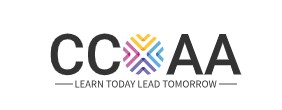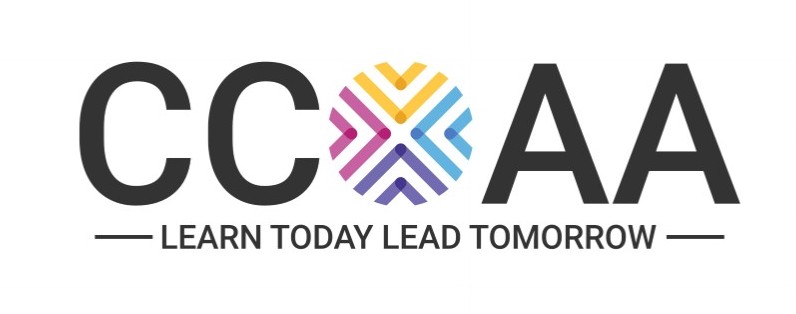The program focuses on the development of the whole child
College and Career Cluster Clubs
The goal of the College and Career Cluster Club design is to influence college and career choices for students aged 14 through 17 but can be used for other ages. This will provide students with an interest in a career in a cluster group, such as fashion design, the medical field, music, and others. This will help them pick a major and to understand all areas of the degrees so they will take the classes at the university that will help them be academically prepared for a postsecondary institution as well as graduate in a timely manner so as to reduce the use of loans. Students might be able to take some classes in high school that also count for college depending on the state in which they live.
A Career Club is a group of people who share common values, emotions, or beliefs, and are actively engaged in learning together and from each other. A community of learners is developed by gathering interested, willing students together, developing trust and relationships, and nurturing a program of continuous learning. The College and Career Cluster Clubs builds college and career aspirations and appeals to peer influences at the predisposition stage. It specifically creates a positive peer group and positive peer culture. Students are socialized into a college-going culture with social norms that affect psychological factors such as motivation, positive identities, and determination. The ability to interact in activities for specific career paths is designed to further create aspirations and positively influence youths’ psychosocial development.
Career clubs integrate positive peer groups with near peer groups (college students) and are comprised of students who have an interest in the same career cluster. Career clusters are one way to group career choices. Careers with common features are in the same cluster. Clusters can be used during career exploration as a way to find a student’s best career match and assist with choosing the college or university and level of education that is the “best fit.”
The Career and College Aspirations Workbooks
Are used as tools to assist students in the peer group to determine the level of education they will need for careers in the cluster, from earning industry credentials to a PhD. It assists students in choosing the postsecondary institution that is the “best fit.” Students in the group can do a project or engage in community service related to the career cluster. Students have the option of doing a research paper in a field related to the career cluster. A kick-off for the Club can take place in the September, and students can present their projects or research papers at a mini conference in the spring that will be held at a university. This will provide the college students with the opportunity to present a poster or paper, and it will build a scholarly atmosphere among all of the participating students. Members of the academic community, and community members, families, and school district personnel can be invited.
Career Cluster Mentors
The importance of supportive adults in the lives of youth stems from James Coleman’s theory of social capital that says social relationships are a form of social capital that is critical to human development (Benard, 2004). Human capital is embodied in the knowledge and skills a person has and social capital exists in the relationship between people. Social capital enables youth to develop the necessary attitudes, effort, and conception of self they need to succeed in school and as adults. A mentor can provide social capital through a caring relationship with attention and personal interest, provide access to cultural and vocational resources, and acquaint youth with people of different occupational and social roles. The research conducted by DuBois and Rhodes (2003) and Thompson and Kelly-Vance (2007) indicates that students who are mentored increase academic achievement and social capital, even when the relationship is not focused on academics, by increasing students’ ability to bond with larger groups and institutions. Youth who were involved in mentoring were more likely to exhibit favorable outcomes in the areas of education such as completing high school and college attendance. Career Cluster Mentors will be community members, professors, and individuals in a specific career cluster related to the Club who will interact with the students and near peers to provide job shadowing and other related activities.
Ideally, a College and Career Cluster Club consists of 15 to 20 youth ages 14-17. College students or adults in the career field can meet with the group once a week or as little as once a month. The Career and College Aspirations workbook can be used to guide the activities and conversations. Youth can have the opportunity to visit college campuses to hear about majors offered at the campus related to the career cluster.



